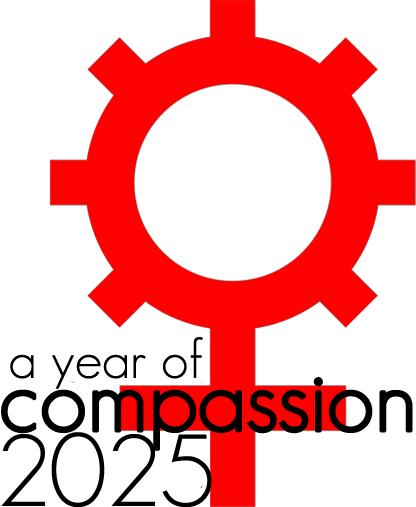Dear Diary,
What is joy? Joy is a response to activities bringing cheer to our life and a cultivated mindset allowing those activities to exist. Joy is also a passive state of being born of an appreciation and gratitude for life. How do we go out creating joy actively as opposed to having it spring up as a reaction to something positive? We cultivate joy by practicing mindfulness of our circumstances. Mindfulness is being aware of what you’re doing while you’re doing it. Mindfulness extends to tasks as well as people. We pay attention to the people we’re spending time with and the jobs we choose to do.
Attention is currency, and quite a few people are trying to get you to spend yours elsewhere. Advertisers, Influencers, Preachers, and Media Figures are all trying to tell you what to think and manipulate your emotions to capture your attention. If, for example, you’re perpetually angry because the media feeds you a controlled narrative, it will be more difficult to practice mindfulness to cultivate joy because you have a finite amount of attention (currency) to spend. Furthermore, groups like advertisers, influencers, preachers, and media figures want to introduce problems to you to be a solution, and negativity sticks much more than positivity does. Negativity prompts us to take action; negativity is an easy way to demand more attention.
We must set up a proper environment if we intend to practice mindfulness to cultivate a positive mindset. So much of life happens outside of our awareness. How often do we get in the car and drive somewhere without actively thinking about it? Perhaps we’re thinking about a shopping list or what is on the radio. Our environment impacts us constantly, regardless of whether we are aware of it. Our environment should draw out the best in us and inspire us, which means different things to different people. Your environment may need to be minimal but functional, and someone else’s may need to be beautiful and precise.
The environment also means things we surround ourselves with mentally, emotionally, and socially. We could be sitting in a perfect meditation space, but if we’re watching something detrimental on our phone, the benefits of the room have been nullified or reduced. We often have good intentions but fall just short of achieving our goals. By falling short, we have to use our resiliency skills. Resiliency isn’t just our ability to resist negativity; it is our capacity to navigate to the resources that sustain our well-being and negotiate for these resources to be provided in meaningful ways. Mindfulness comes back full circle because we had to set up the resources in advance to be available as needed, including sometimes removing harmful things or people from our environment at the cost of short-term stress.
Mindfulness is a skill. As we choose to seize control of our actions and choices, we refuse to let those others with their agendas make decisions for us. Their choices do not lead to our joy, but their bottom lines. As we define ourselves through our choices, we can learn what makes us happy and move in those directions. We can build an environment that supports those choices on active and passive levels and build the resources to rely on when bad days inevitably happen. Joy is not a constant, but we don’t have to make misery one, either. If something is nagging at you when you’re smiling, it will do worse to you when you aren’t. Pay attention to yourself and set yourself up for success; you are worth it.
